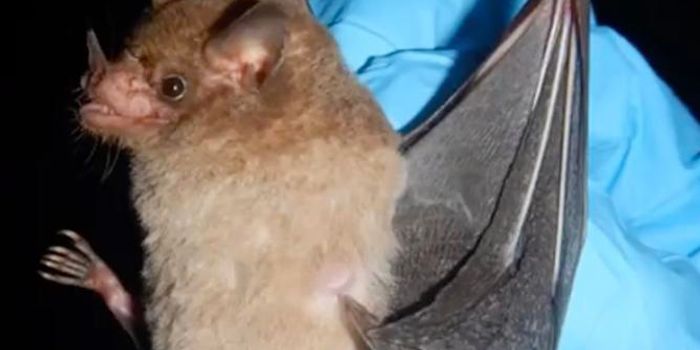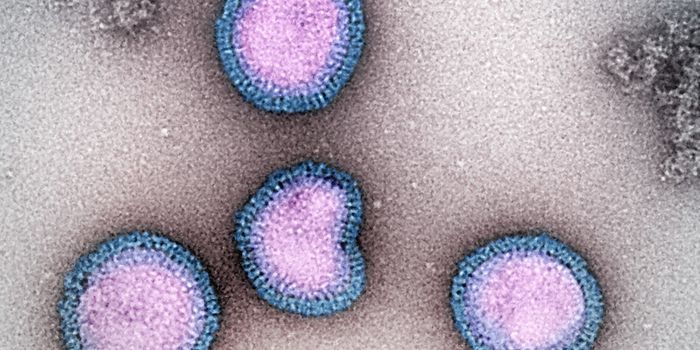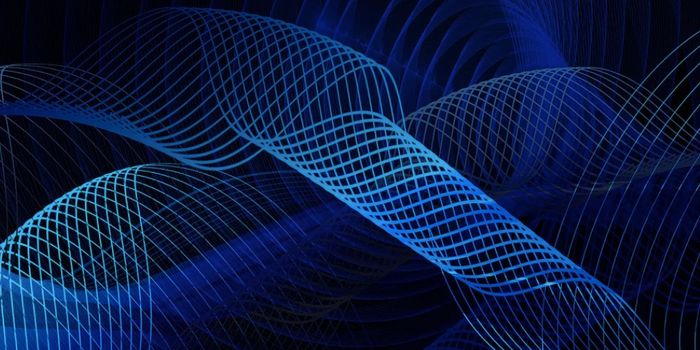Mitochondrial Dysfunction May Raise Schizophrenia Risk in 22q Patients
A disorder called 22q11.2 deletion syndrome (22q) affects about one in 2,000 births, and causes dysfunction in every organ system including the heart and brain. It's been linked to behavioral changes including autism spectrum disorder, anxiety, and attention deficit hyperactive disorder. These problems may begin in adolescence and can persist in adults, when other psychiatric illnesses may emerge. Schizophrenia, for example, is about 25 times more likely in 22q patients.
Researchers have now learned more about a connection between an organelle known as the powerhouse of cells, the mitochondria, and the development of schizophrenia in 22q patients. The findings, which were reported in JAMA Psychiatry, will help scientists learn more about the cause of the condition, and may help create treatments or preventive strategies for the disorders.
"Schizophrenia is a very complex mental health disorder, and it can be particularly debilitating for patients with 22q when coupled with a myriad of other health challenges," said senior study author Stewart A. Anderson, M.D., Director of Research in the Department of Child and Adolescent Psychiatry and Behavioral Services and associate director of the Lifespan Brain Institute at the Children's Hospital of Philadelphia (CHOP) and the Perelman School of Medicine at the University of Pennsylvania (Penn). "In this most recent study, it was important to define the role mitochondria play in determining which patients with 22q - particularly teenagers - are likely to develop schizophrenia."
Previous work used cells isolated from patient samples to create neurons, which revealed that there was dysfunction in the mitochondria of patients with 22q and schizophrenia. In this work, the researchers were able to compare the mitochondria in neurons derived from 22q patients with and without schizophrenia.
This work confirmed that 22q patients with a schizophrenia diagnosis also had dysfunctional mitochondria in neurons derived from their cells. ATP is like fuel for cells, which mitochondria provide. In these patients, there was a reduction in ATP levels, which was not seen in 22q patients that had not been diagnosed with schizophrenia.
The researchers also determined that a process that helps generate ATP called oxidative phosphorylation was impacted at the genetic level; the activity of genes involved in the process was increased compared to control, and 22q and schizophrenia patient-derived cells.
"Bioenergetics and mitochondria have historically not been thought to play a significant role in autism spectrum disorders and schizophrenia, but our findings from this study coupled with previous findings show that mitochondrial dysfunction may play an important role in these neuropsychiatric disorders," suggested study co-author Douglas C. Wallace, Ph.D., Director of the Center for Mitochondrial and Epigenomic Medicine at CHOP. "Recognizing the role of mitochondrial dysfunction in neuropsychiatric disorders may lead to the development of better diagnostic tools as well as targeted treatments for patients with 22q-associated schizophrenia."
"Patients with 22q present with a wide variety of symptoms, and while our team helps families navigate these challenges across many different medical specialties, the sheer number of associated features can significantly impact both the patients and their families' lives - with behavioral health being the most complex and difficult to manage," noted study co-author Donna M. McDonald-McGinn, M.S., CGC, Director of the 22q and You Center and Associate Director of Clinical Genetics Center at CHOP. "The more we know about how each individual is affected at a deeper genomic level, the more resources we can provide to families, while pivoting future research efforts towards finding new ways to help our patients, as well as those in the general population with schizophrenia but without 22q."
Sources: AAAS/Eurekalert! via Children's Hospital of Philadelphia, JAMA Psychiatry









